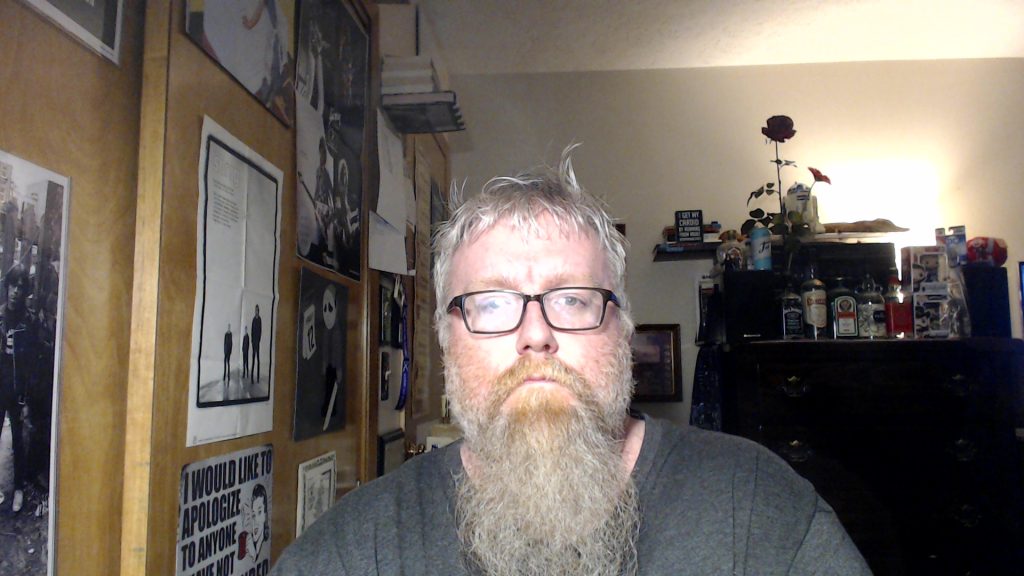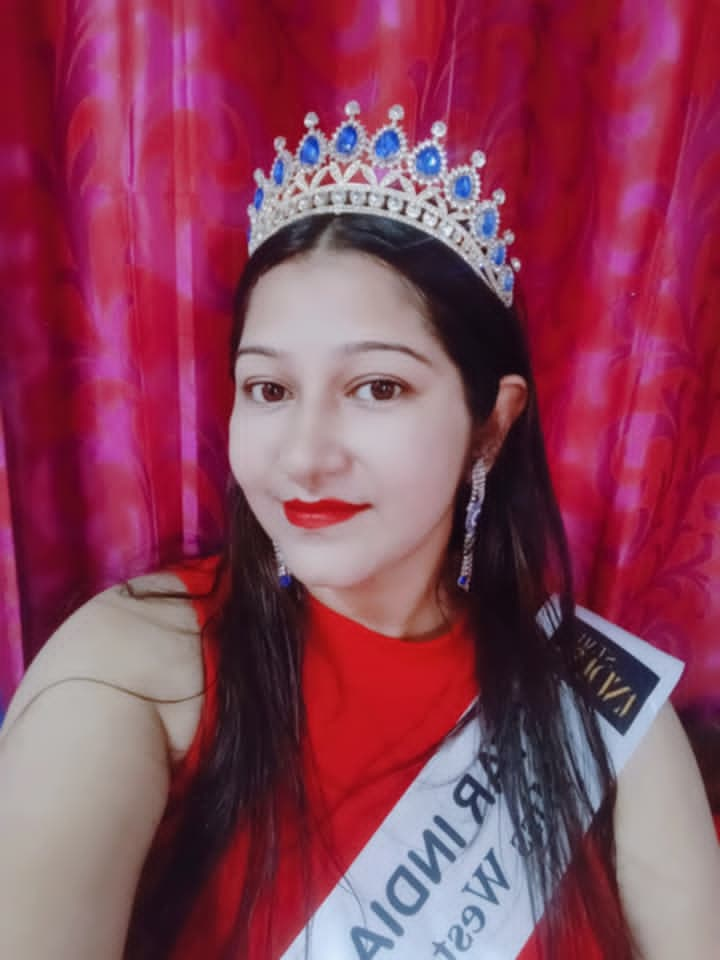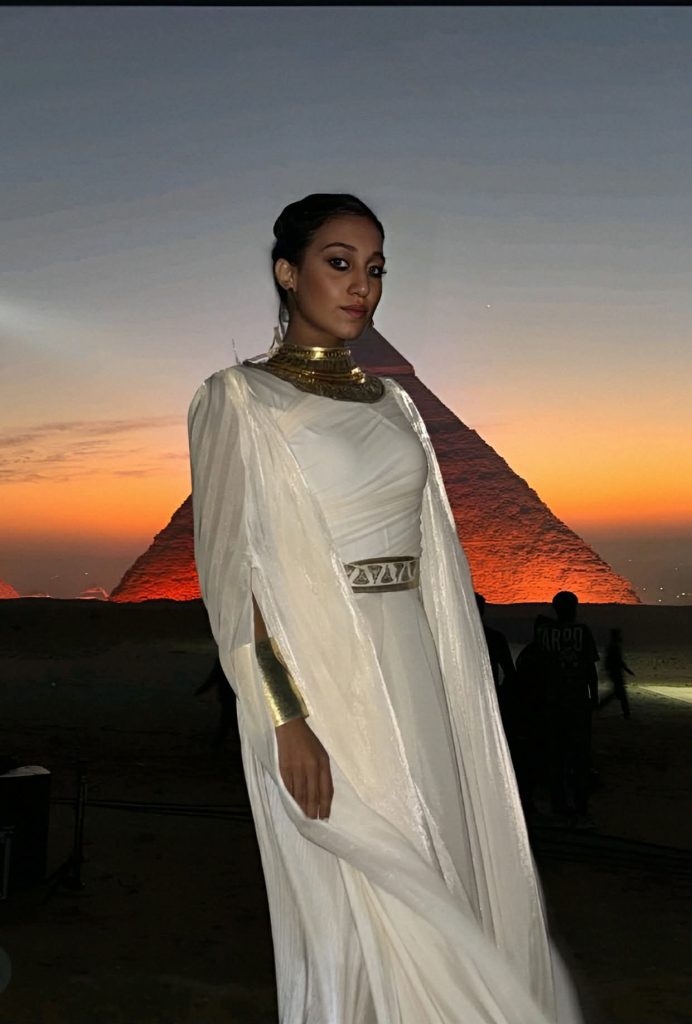PROBLEMS OF LINGUO-COGNITIVE STUDY OF THE UZBEK LANGUAGE
Abstract:
Shomurodova Dilafro’z Bahodir qizi
Student of Denov Institute of Entrepreneurship and Pedagogy
Email: shomurodovadilafruz07@gmail.com
The article discusses the fact that in Uzbek linguistics a number of studies have been carried out on the linguopoetic, pragmatic, derivational, and communicative features of texts, and that the emergence and development of such fields as pragmalinguistics, discourse analysis, cognitive linguistics, and linguoculturology in world linguistics have led to the appearance of serious theoretical approaches in interpreting the phenomenon of text creation.
Keywords: cognitive, anthropocentric, linguistic, semantics, psycholinguistics, pragmatic, linguoculturology, functionalism, ethnolinguistics, perception, integration
It is well known that in world linguistics texts were initially approached mainly from semantic and syntactic perspectives. In recent years, especially since the beginning of the 21st century, the tendency to study texts on the basis of linguoculturological, pragmatic, sociolinguistic, cognitive, and psycholinguistic principles has intensified. Texts began to be viewed not merely as a collection of semantically and syntactically connected sentences, but as a form of communication possessing social value and as a mental construct that reflects the knowledge, linguistic thinking, national psychology, and mentality of speakers of a particular language. The formation of the anthropocentric paradigm is associated with the study of the speaker as a linguistic subject.
The anthropocentric turn in linguistics shifted attention away from the structuralist principle of studying language “in and for itself” and focused instead on the human factor. The roots of anthropocentrism, which is now recognized as one of the leading paradigms in linguistics, draw upon the theoretical views of W. von Humboldt and L. Weisgerber. The term anthropocentrism is derived from the Greek anthropos (human) and the Latin centrum (center). Initially, the term was used in reference to the ancient Greek philosophical idea that “Man is the center of the universe,” a view that became especially widespread in medieval Europe.
In linguistics, the anthropocentric study of the language system has been manifested primarily in research on linguistic semantics, cognitive linguistics, psycholinguistics, pragmatic linguistics, and linguoculturology. Studies conducted within the framework of the anthropocentric paradigm investigate the language system in close connection with the human factor. Although research by Uzbek linguists in linguistic semantics, pragmatics, and cognitive linguistics demonstrates anthropocentric tendencies, studies in this area are still insufficient.
In particular, approaching text analysis from an anthropocentric perspective has become one of the leading directions in modern linguistics. Many researchers emphasize that in the study of texts as complex and multifaceted phenomena, the triad consisting of the speaker-text-listener (author- text-recipient) should be regarded as the main object. The well-known Russian linguist Yu. N. Karaulov, in the preface to a collection of articles devoted to issues of language and personality, emphasized the idea that “behind every text stands a specific individual who has mastered linguistic systems.” The external and internal structure of a text can be likened to a mirror that reflects the linguistic competence of speakers belonging to a particular nation.
In early studies of text, attention to the text creator was observed mainly in psycholinguistic and pragmalinguistic research, whereas today rapidly developing fields such as cognitive linguistics, functionalism, ethnolinguistics, linguoculturology, and discourse analysis have made this issue one of the central problems of linguistics. The main achievement of the system-structural approach was proving that language is a systemic phenomenon. However, it became evident that these paradigms shared a common shortcoming:
language was separated from its owner-the human being. Attempts to overcome this deficiency led to the emergence of pragmatic and cognitive linguistic paradigms.
Professor N. Mahmudov, reflecting on the formation of the anthropocentric paradigm in linguistics, notes that in accordance with the objective nature of language, the anthropocentric paradigm places the human being at the center, while language is regarded as the main component that shapes human personality. Specialists often cite the aphoristic statement of the famous Russian writer S. Dovlatov that “90 percent of a person’s personality is formed by language.” At the same time, the anthropocentric approach to language integrates the latest achievements of these fields and increasingly strengthens its status as an independent paradigm. As recognized in linguistics, the anthropocentric paradigm focuses primarily on the subject of speech activity-that is, the language user who produces and perceives speech. The inclusion of the category of the language user in scientific paradigms necessitates greater attention to concepts such as personality, linguistic consciousness, thinking, activity, mentality, and culture.
At present, the concept of the language user is mainly employed in the following senses: (a) an individual capable of carrying out speech activity in a particular language, that is, capable of producing and perceiving speech; (b) a person who uses language as a means of communication, a communicant; (c) a representative of a particular language community who possesses and manifests the lexical resources reflecting the national-cultural and spiritual values of their people.
In contemporary research, various branches of linguistics approach the issue of the human factor from their specific perspectives. The problem of text interpretation and the human factor is closely connected with issues of text creation and the perception of its content. In studying this problem, it is important to examine not only the text creator but also the perceiving individual-the listener or reader. As N. I. Zhinkin aptly stated, “A person speaks not through individual sentences, but through texts.” Therefore, a person’s stylistic features can be adequately studied only on the basis of the texts they produce.
Investigating the speech style of a writer or creator solely from the perspective of word choice or sentence construction no longer meets contemporary requirements. Consequently, studying text creation from the perspective of individual style enables a deeper examination of the linguistic aspects of texts.
It is well known that cognitology is intrinsically linked with semantics. Today, many researchers regard the 21st century as the age of interdisciplinary integration. Interdisciplinary cooperation yields effective results in revealing the essence of particular objects of study. Such an approach is especially appropriate in investigating the speech activity of the human personality, a complex phenomenon. Human speech, like the human being itself, is multifaceted and complex. Therefore, cooperation among linguistic disciplines will undoubtedly yield fruitful results.
It should be noted that in the early years of the 21st century, significant research was conducted in Uzbek linguistics within the field of text linguistics. Monographic studies emerged on text linguopoetics, content perception, pragmatic, derivational, and psycholinguistic features of texts, as well as text modality and temporality. Studying texts from the perspectives of their creation, perception, and comprehension further deepens theoretical views on texts. Investigating the mechanisms through which the intellect and thinking patterns of a discourse subject are transformed into textual form makes it possible to identify features specific to the reflection of cognitive models in the Uzbek language. In literary works, especially in prose, the expression of key linguoculturological concepts such as life, death, mother, homeland, love, goodness, justice, and woman frequently occurs. Since literary texts are products of creative activity, the expression of particular concepts in such texts naturally manifests individuality and imagery.
Consider the following text:
By the side of a great road, a tree was growing… By chance, a traveler came to rest beneath it. The day was hot, and the traveler was tired. He sat in the shade of the tree and rested… The traveler grew hungry. He looked and saw that fruits were ripening on the tree. He was too lazy to climb it, so he threw a stone. The fruits fell abundantly. The traveler ate his fill… The destination was far. He broke off a branch from the tree and made a walking stick… Then his throat became dry. He went back under the tree’s shade… Then he continued on his way… The tree began waiting for another traveler… The name of this tree was Goodness… (O’. Hoshimov, “The Tree by the Road”).
In this passage taken from O’. Hoshimov’s book Notes in the Margins, the concept of GOODNESS is expressed. In the text, this concept is represented through the symbol of a tree, and the act of comparison employed in the author’s cognitive- discursive activity gives the text a metaphorical meaning.
Indeed, the most important source for elucidating the relationship between language and personality is the text. A text is not only a speech structure that encompasses all levels of language, but also a phenomenon that fully reveals the linguistic potential of the speaking (or writing) individual. Cognitive metaphors, as one of the factors generating implication, leave their traces in words, phrases, sentences, or entire texts. Units whose meanings have shifted on the basis of metaphor represent the visible part of the “cognitive iceberg” (to use Fauconnier’s term), while its main part remains hidden deep within our linguistic consciousness. It should be noted that the cognitive background phenomenon manifested in such cases has not yet become an object of study in Uzbek linguistics. Studying the cognitive background in connection with metaphor, metonymy, simile, and personification is one of the essential issues of anthropocentric linguistics.
Today, the study of the human factor as the performer of linguistic activity continues to deepen in such linguistic fields as psycholinguistics, linguoculturology, cognitive linguistics, and pragmalinguistics.
References:
1. A. Aliyev, Q. Sodiqov. From the History of the Uzbek Literary Language: A Textbook for University Students. Tashkent: Uzbekistan, 1994. 118 p.
2. U. Tursunov et al. History of the Uzbek Literary Language: A Textbook for University and Pedagogical Institute Philology Students (revised and expanded edition). Tashkent: O’qituvchi, 1995. 264 p.
3. M. Vahoboyev. The Uzbek Socialist Nation.
Tashkent, 1960. pp. 30-32, 49.
4. M. Qodirov. “A Journey into the Wealth of Words.” Labor and Life, no. 4, 1972, pp. 20-21. 5. A. Nabiyev. Historical Local Studies. Tashkent: O’qituvchi, 1979. pp. 63-74.










